Honduras, located in Central America, is a nation steeped in history, culture, and natural beauty. From its ancient Mayan ruins to its Caribbean beaches and cloud forests, Honduras offers a diverse range of experiences for travelers and scholars alike. In this comprehensive exploration, we’ll delve into the essence of Honduras, covering its geography, history, culture, economy, and current affairs.
Geography:
Honduras is bordered by Guatemala to the west, El Salvador to the southwest, and Nicaragua to the southeast. To the north, it faces the Caribbean Sea, and to the south, it borders the Pacific Ocean. The country’s geography is diverse, with coastal plains, mountain ranges, and dense rainforests.
The Caribbean coast of Honduras is known for its white sandy beaches, coral reefs, and turquoise waters. Islands such as Roatán, Utila, and Guanaja are popular destinations for diving, snorkeling, and beach vacations. The Mesoamerican Barrier Reef, the second-largest coral reef system in the world, runs along the northern coast of Honduras, attracting tourists from around the globe.
Inland, Honduras is characterized by its rugged terrain and mountainous landscapes. The country’s central highlands are home to cloud forests, rivers, and waterfalls, while the western region is dominated by the rugged peaks of the Cordillera de Celaque, including Pico Bonito, the highest peak in Honduras.
To the south, Honduras is bordered by the Pacific lowlands, a region of fertile valleys, rivers, and agricultural plains. The Choluteca River, one of the country’s longest rivers, flows through this region, supporting agriculture and hydroelectric power generation.
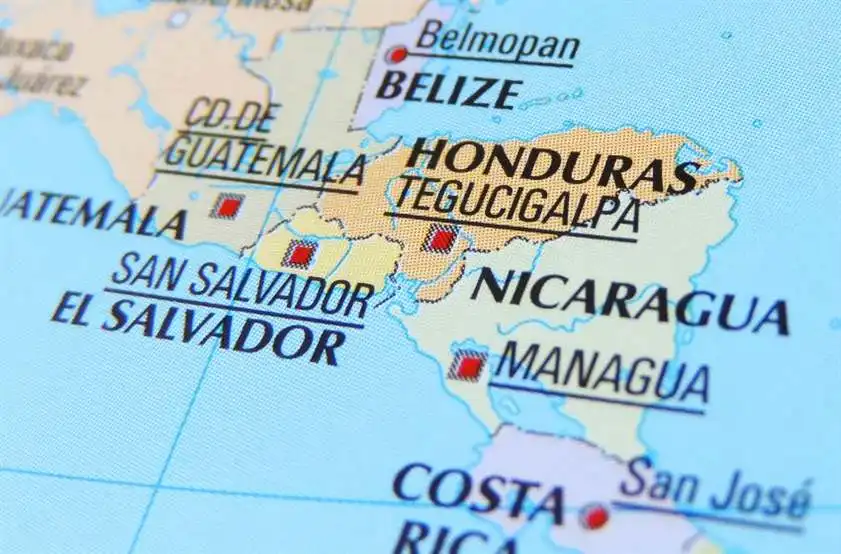
History:
Honduras has a rich history that dates back to ancient times, with evidence of human habitation dating back thousands of years. The region was inhabited by indigenous peoples such as the Maya, Lenca, and Garifuna, who left behind impressive archaeological sites and cultural artifacts.
In the early 16th century, Spanish conquistadors arrived in Honduras and began to colonize the region. They established settlements such as Trujillo and Comayagua and imposed their language, religion, and culture on the indigenous population. The Spanish also introduced African slaves to work on plantations and in mines, leading to a rich cultural fusion of indigenous, African, and European influences.
Honduras gained independence from Spain in 1821 and briefly became part of the Mexican Empire before joining the United Provinces of Central America. In 1838, Honduras declared its independence from the federation and became a sovereign nation with its own government and constitution.
Since independence, Honduras has experienced periods of political instability, social unrest, and economic challenges. The country has faced issues such as poverty, corruption, crime, and political violence, which have hindered its development and progress.
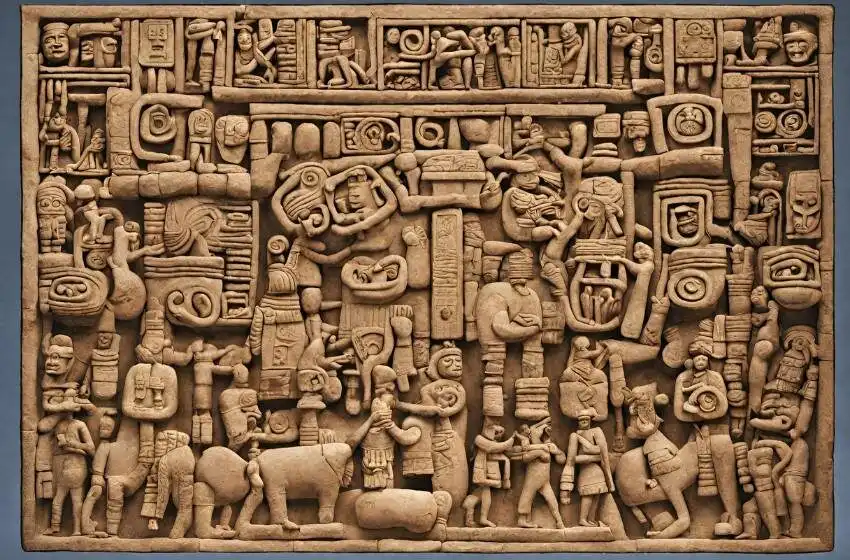
Culture:
Honduran culture is a vibrant blend of indigenous, African, European, and mestizo influences, reflected in its music, dance, art, literature, and cuisine. The country’s diverse cultural heritage is celebrated through colorful festivals, traditional rituals, and a strong sense of national identity.
Music is an integral part of Honduran culture, with genres such as punta, reggaeton, and marimba enjoying widespread popularity. Traditional instruments such as the marimba, guitar, and drums are commonly used in folk music, while modern styles such as salsa and merengue are also popular.
Dance is also a cherished tradition in Honduras, with styles such as punta, garífuna, and cumbia being performed at festivals, celebrations, and social gatherings throughout the country. Traditional dances often incorporate elements of indigenous, African, and European culture, reflecting Honduras’s multicultural heritage.
Honduran cuisine is diverse and flavorful, with dishes such as baleadas, sopa de caracol, and tajadas showcasing the country’s culinary traditions. Staples such as beans, rice, corn, and plantains are commonly used in Honduran cooking, while meats, seafood, and tropical fruits add variety and depth to the cuisine.
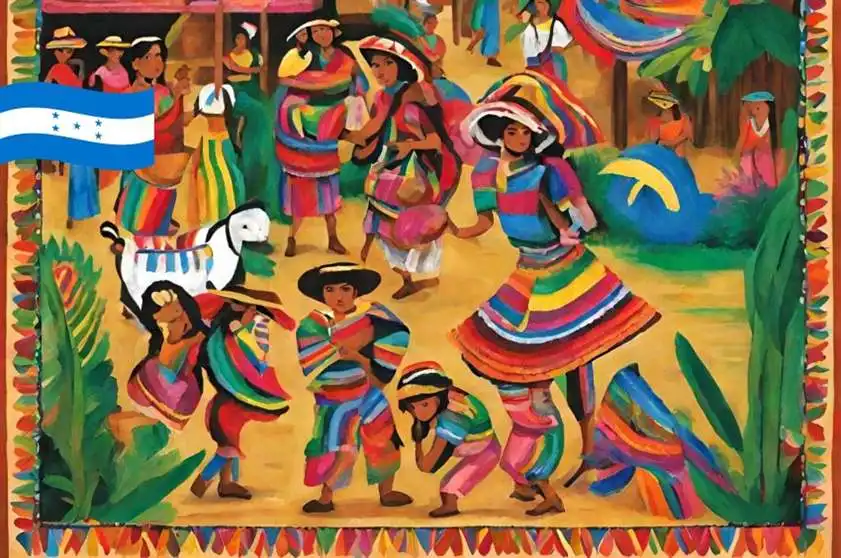
Economy:
Honduras has a mixed economy with a diverse range of industries, including agriculture, manufacturing, services, and tourism. The country is one of the world’s leading producers of coffee, bananas, and palm oil, as well as a major exporter of textiles, apparel, and remittances.
Agriculture is a significant contributor to Honduras’s economy, employing a large portion of the population and generating export revenue. The country’s fertile soil, favorable climate, and abundant water resources make it well-suited for a wide variety of crops, including fruits, vegetables, grains, and livestock.
Manufacturing has emerged as a key driver of economic growth in Honduras, with industries such as textiles, apparel, and food processing playing important roles. The country’s proximity to major markets in North America and Europe, as well as its access to international trade agreements, have attracted foreign investment and facilitated economic development.
Tourism is also an important sector of Honduras’s economy, with the country’s natural beauty, cultural heritage, and archaeological sites attracting millions of visitors each year. Popular destinations include the Bay Islands, Copán Ruinas, and La Ceiba, which offer a wide range of outdoor activities, historical attractions, and cultural experiences.
UNESCO World Heritage Sites
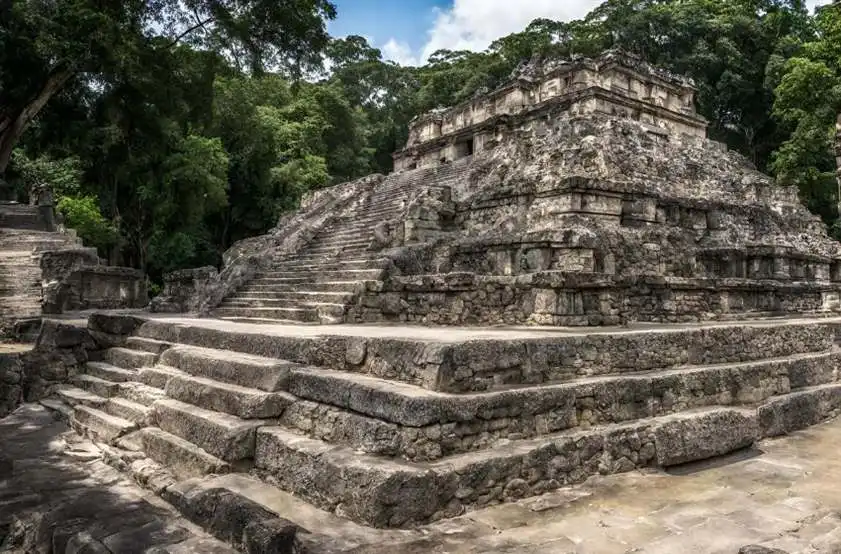
The most striking curiosities that make unique:
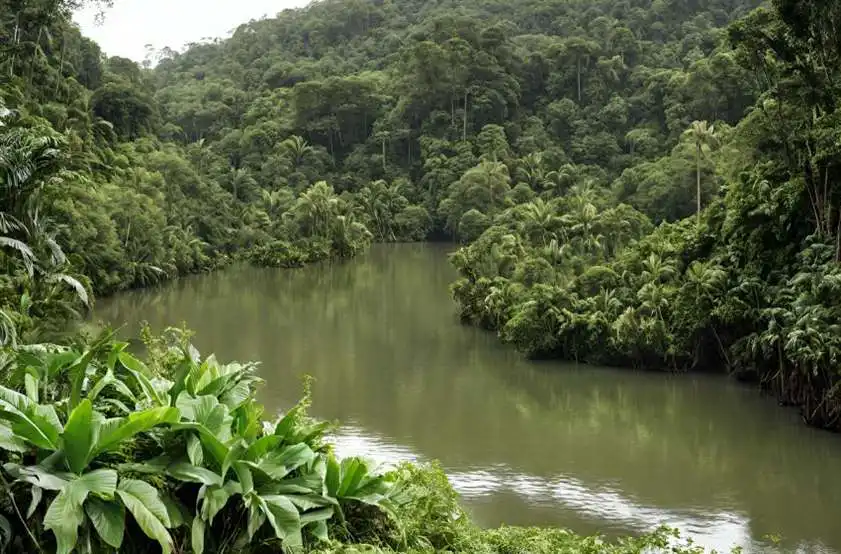
The most touristically renowned places:
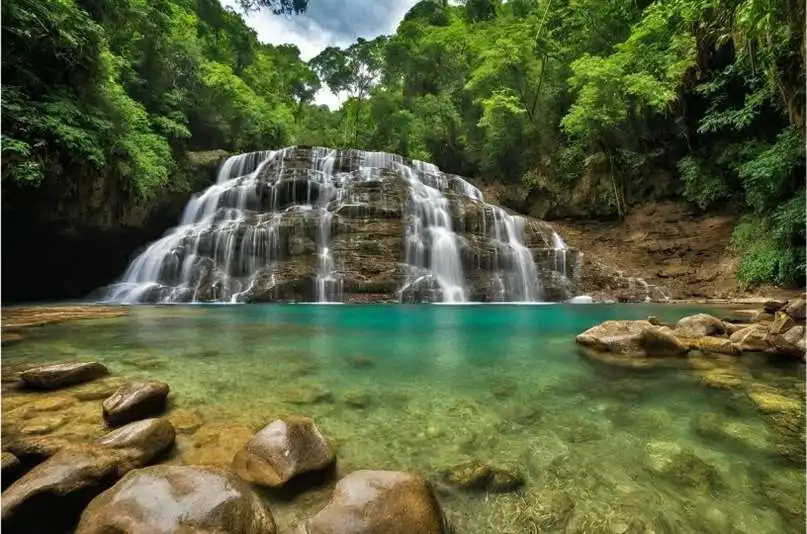
Conclusion:
Honduras’s story is one of resilience, diversity, and transformation, as the country navigates the challenges and opportunities of the 21st century. Its rich cultural heritage, diverse landscapes, and enterprising people make it a dynamic and captivating place to explore. As Honduras continues on its journey of growth and development, it faces numerous challenges and uncertainties, from addressing social inequality and environmental sustainability to promoting economic prosperity and democratic governance. Despite the complexities and hardships, Honduras’s spirit of resilience, creativity, and optimism shines brightly, inspiring both its citizens and the world at large.


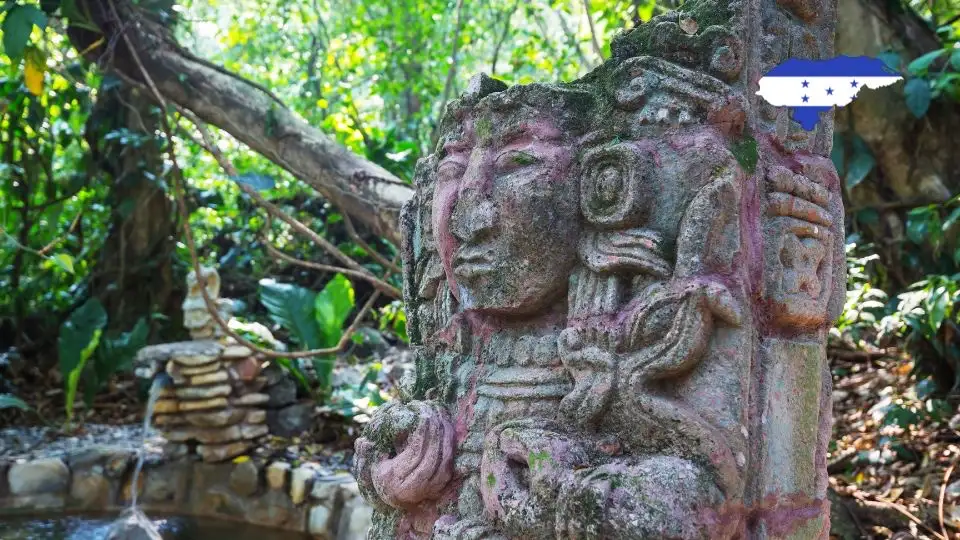


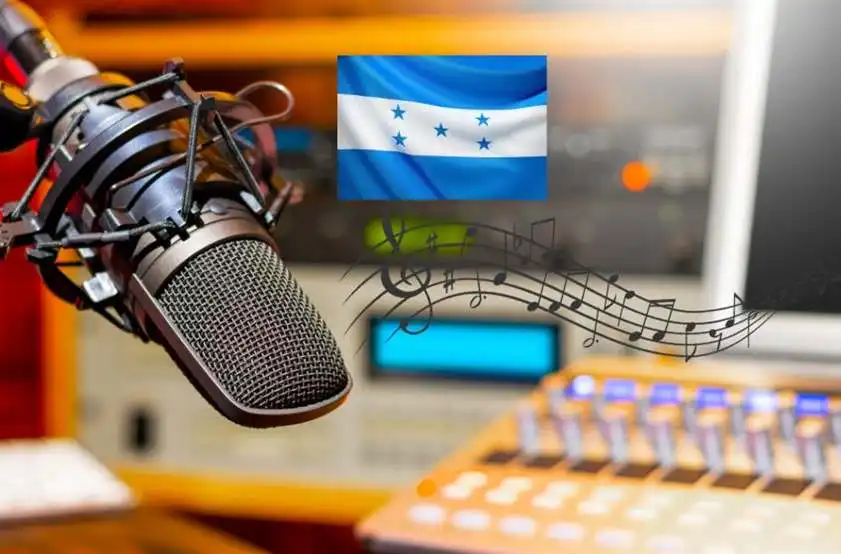
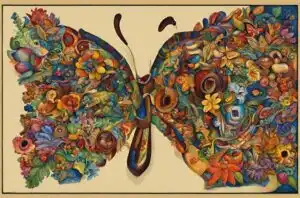
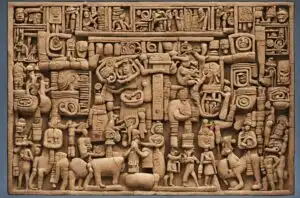


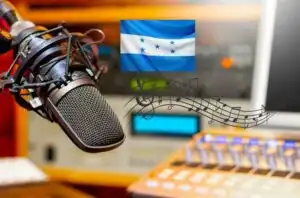
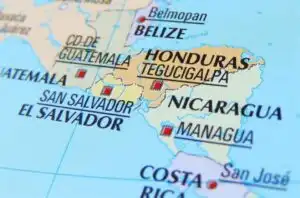
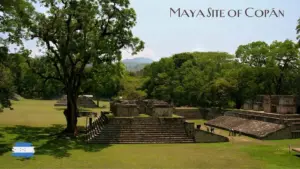
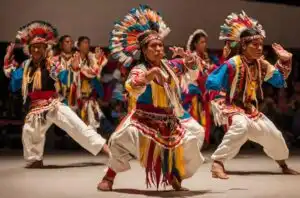
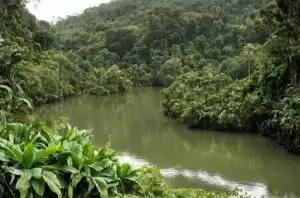
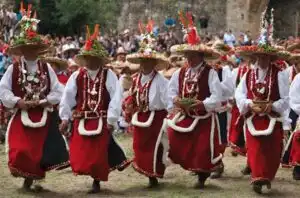
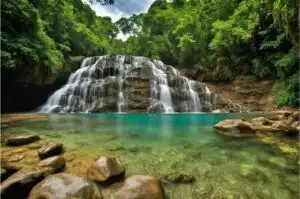
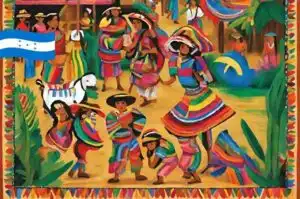
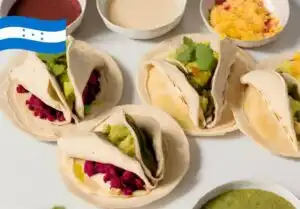



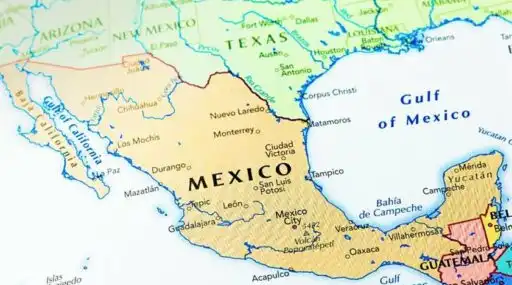
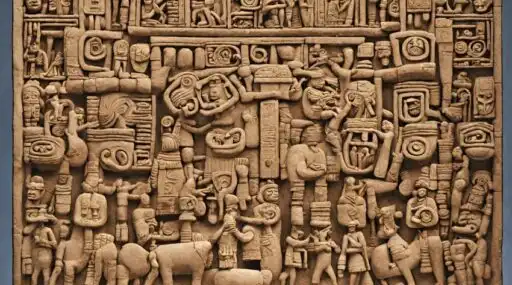
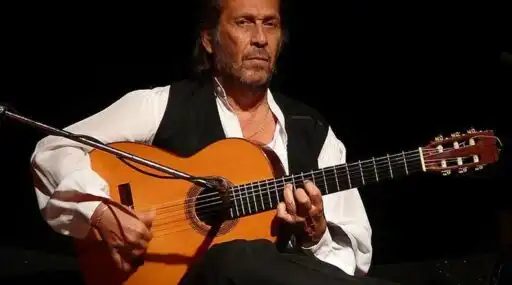
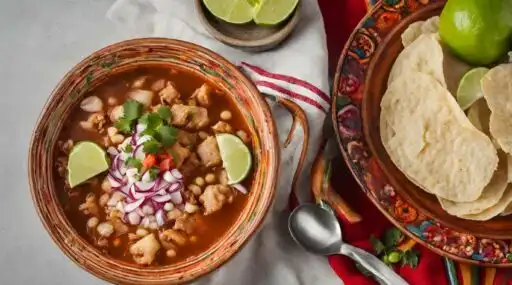
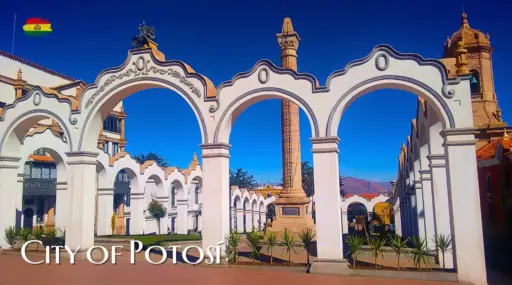








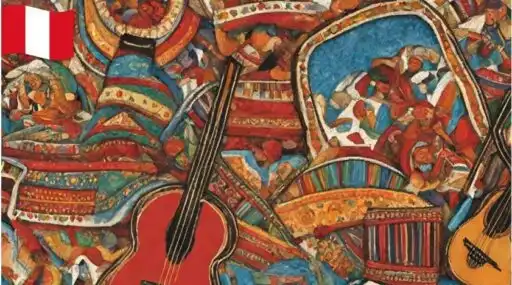



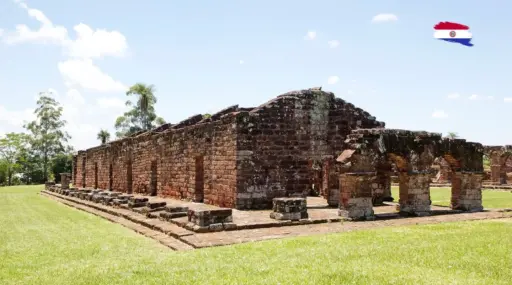
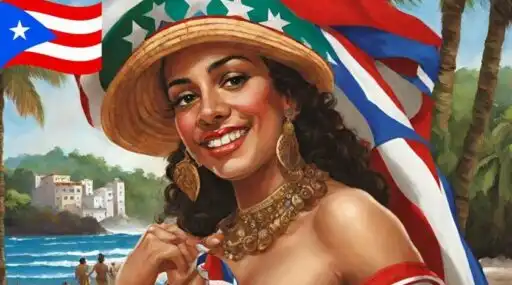



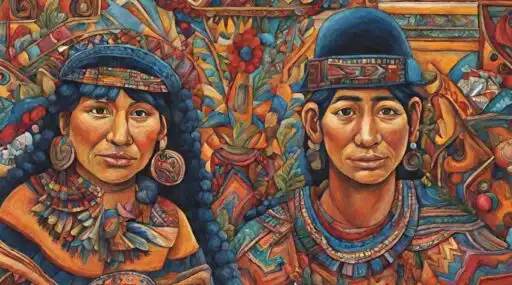
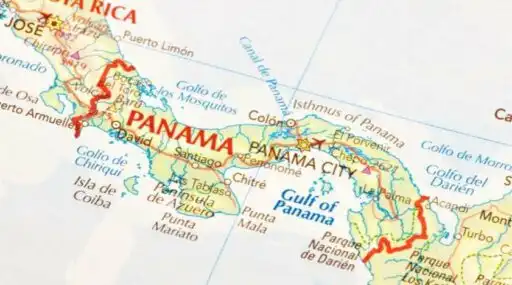

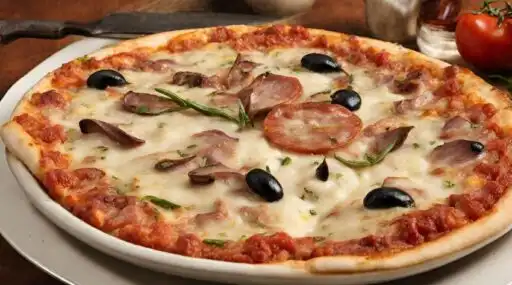
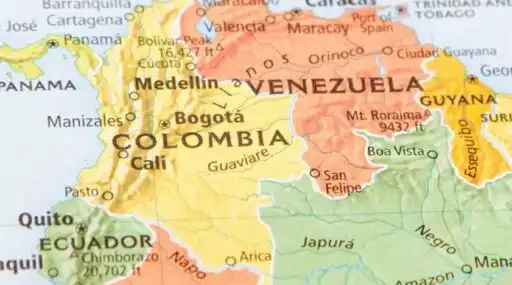
Leave a Reply